Introduction
Minimalist toys are becoming popular among parents. These toys are simple, often made from natural materials, and designed to stimulate a child’s imagination. In this article, we’ll explore how minimalist toys impact a baby’s development. We’ll discuss their benefits, how they compare to conventional toys, and why they might be the best choice for your baby.
What are minimalist baby toys?
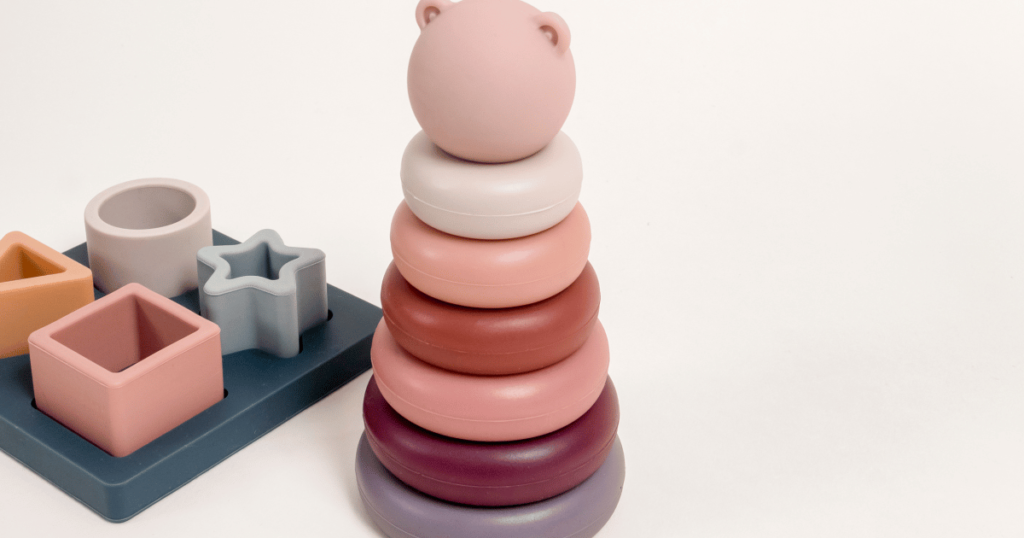
Minimalist toys are simple, often unadorned, and made from natural materials like wood, cotton, and wool. They have basic shapes and are free from excessive colors and electronics. Examples include wooden blocks, simple puzzles, and cloth dolls.
What are the benefits of minimalist toys?
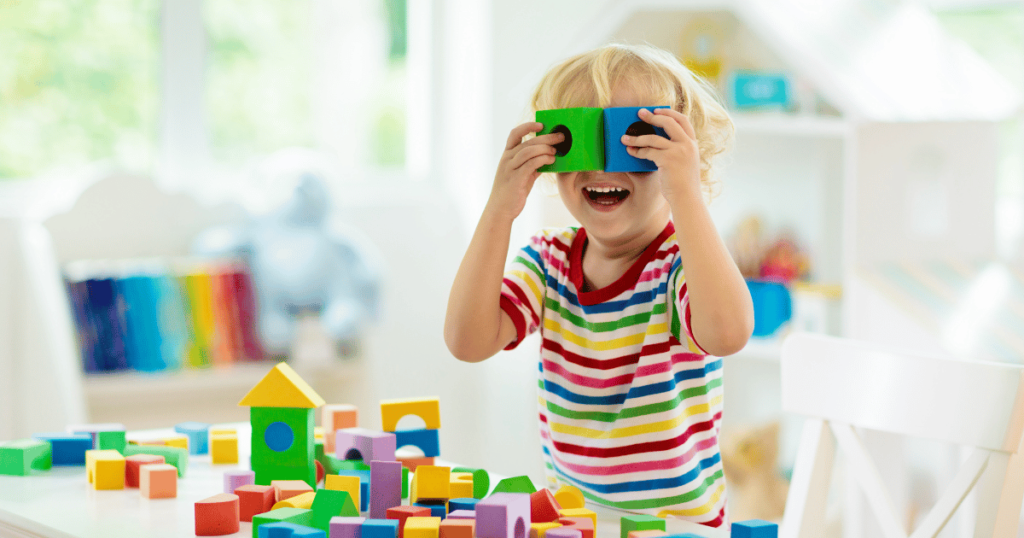
#1 Stimulate Creativity and Imagination
Minimalist toys encourage babies to use their imagination. Without flashy lights and sounds, children are free to create their own stories and scenarios. This fosters creativity and independent thinking
#2 Improve Focus and Attention
Simple toys help babies concentrate better. They are not overwhelmed by too many stimuli, allowing them to focus on one activity at a time. This improves their attention span and cognitive abilities.
#3 Promote Fine Motor Skills
Toys like wooden blocks and simple puzzles require babies to use their hands and fingers. This helps develop fine motor skills, which are crucial for tasks like writing and buttoning clothes later on.
#4 Encourage Problem-Solving
Minimalist toys often require babies to figure things out on their own. For example, stacking blocks teaches balance and spatial awareness. These activities promote problem-solving skills.
How minimalist toys compare to conventional toys?
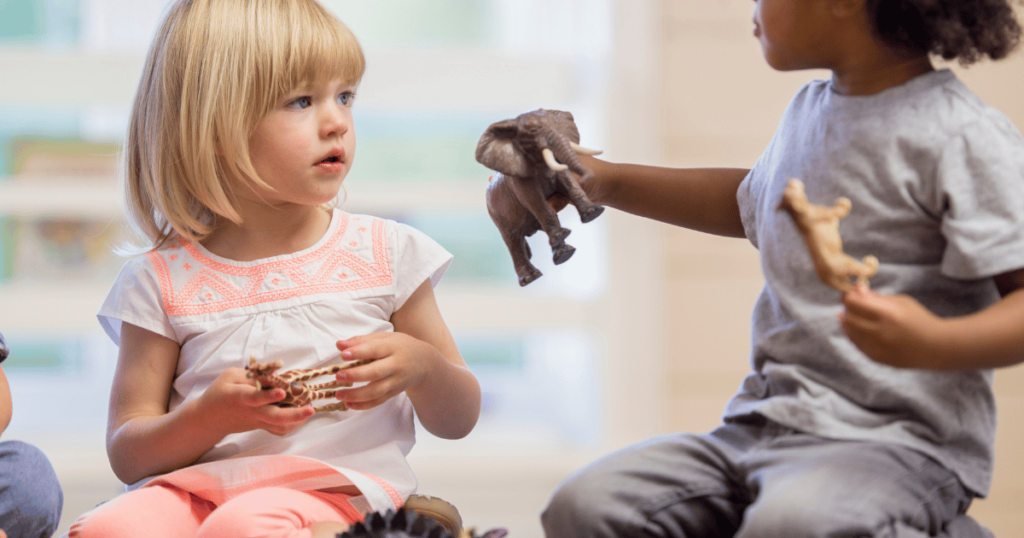
#1 Less Overstimulation
Conventional toys often have bright colors, loud noises, and complex designs. While these can be entertaining, they can also overstimulate a baby. Overstimulation can lead to fussiness and difficulty sleeping. Minimalist toys provide a calm and soothing play environment.
#2 Environmental Impact
Minimalist toys are usually made from sustainable materials and have a lower environmental impact. Conventional toys, especially plastic ones, contribute to pollution and waste. Choosing minimalist toys is an eco-friendly choice.
#3 Durability and Longevity
Minimalist toys are often more durable and long-lasting. They are durable enough to handle rough play and are less likely to break, making them a better long-term investment.
Psychological and Emotional Benefits
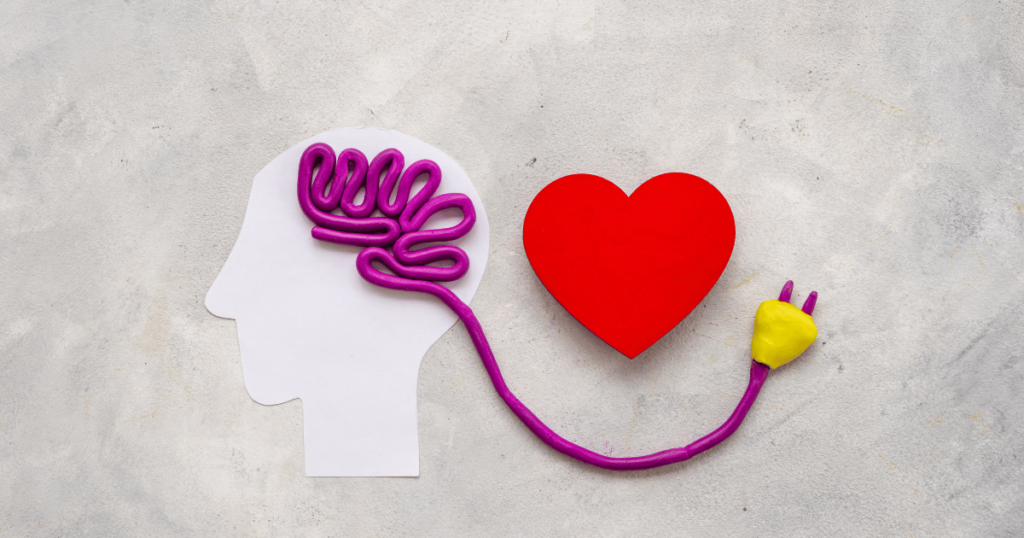
#1 Reducing Anxiety
A cluttered play environment with too many toys can cause anxiety in children. Minimalist toys help create a tidy and organized space, reducing stress and promoting a sense of calm.
#2 Building Emotional Intelligence
Playing with simple toys allows children to express their emotions and understand their feelings. Dolls and stuffed animals, for example, can be used in role-playing games that teach empathy and emotional intelligence.
Practical Tips for Choosing Minimalist Toys
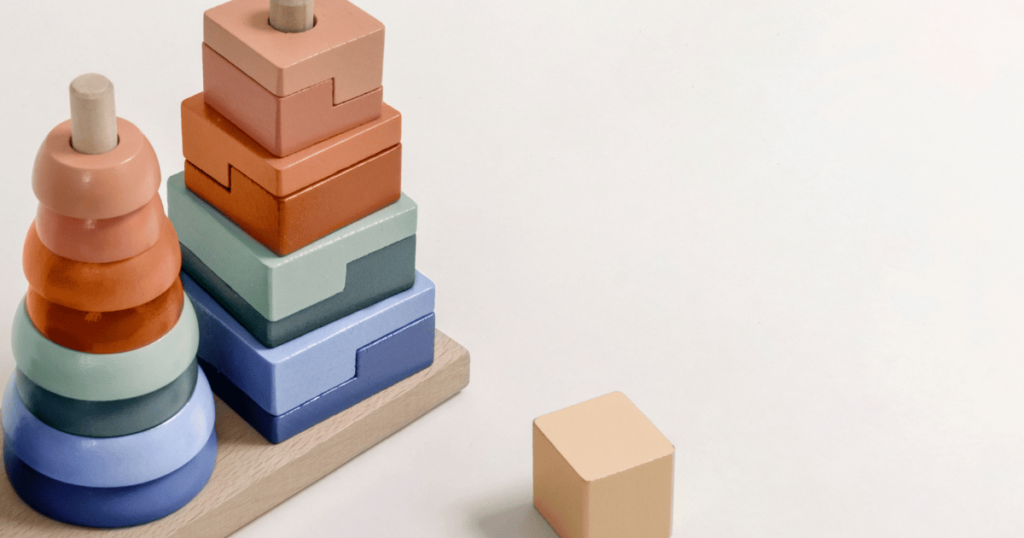
#1 Look for Natural Materials
Choose toys made from wood, cotton, wool, and other natural materials. These are safe and non-toxic for babies.
#2 Focus on Versatility
Choose toys that offer multiple uses. For example, a set of wooden blocks can be used for building, sorting, and counting.
#3 Avoid Excessive Features
Steer clear of toys with too many features like lights, sounds, and buttons. Simple designs are more beneficial for development.
Minimalist Toys in the Montessori Method
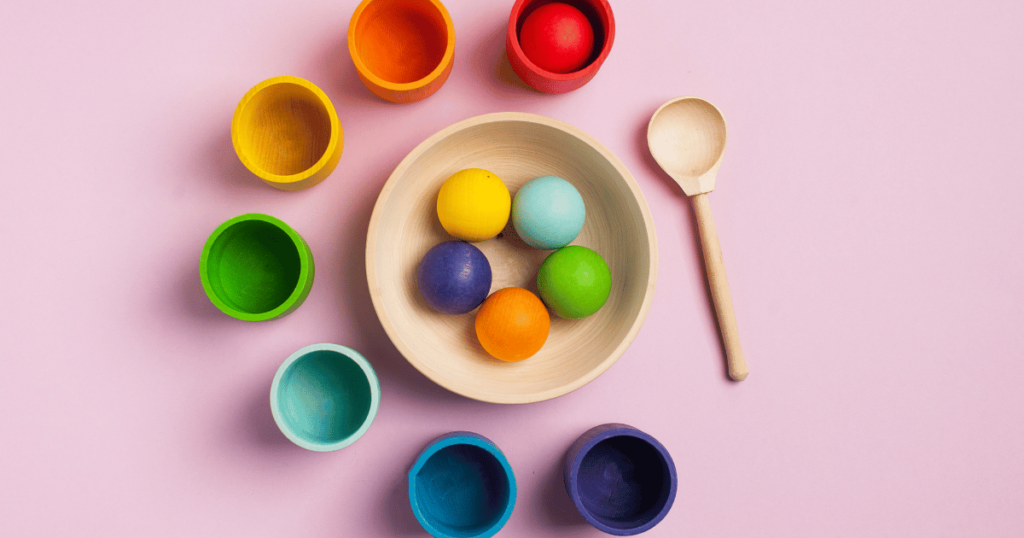
The Montessori method of education emphasizes the use of simple, natural toys. These toys are designed to promote independence, concentration, and a love for learning. Many minimalist toys align with Montessori principles and are used in Montessori classrooms worldwide.
Real-Life Examples and Testimonials
Many parents have shared positive experiences with minimalist toys. For instance, Sarah, a mother of two, says, “Since switching to minimalist toys, I’ve noticed my children are more focused and creative. They spend hours building and imagining with their wooden blocks.”
Conclusion
Minimalist toys offer numerous benefits for a baby’s development. They stimulate creativity, improve focus, and promote fine motor skills. They also reduce anxiety and help build emotional intelligence. By choosing minimalist toys, you are making a thoughtful investment in your child’s growth and well-being.
Minimalist toys are not just a trend; they are a valuable tool for your baby’s development. Consider incorporating these toys into your child’s playtime and observe the positive changes they bring.
Other References
- American Academy of Pediatrics (AAP)
- BabyCenter
- What to Expect
- Healthy Children
- Verywell Family
- Parents
- Montessori ‘n’ Such
- The Montessori Notebook
- NAEYC
- Consumer Product Safety Commission (CPSC)
- The Spruce
More to Read
- How to bathe a newborn baby in 13 steps: The comprehensive guide
- Getting the temperature just Right: A guide to baby bath water
- Bath Time: How often should you wash your little one
- Baby Bathtubs: The Best 5 Ways to Store Baby Bathtubs in 2024
- 4 Steps to Choose a Collapsible Baby Bathtub in 2024
- The Best 5 Baby Bathtubs for Small Space in 2024
- The Best 5 Inflatable Baby Bathtubs In 2024

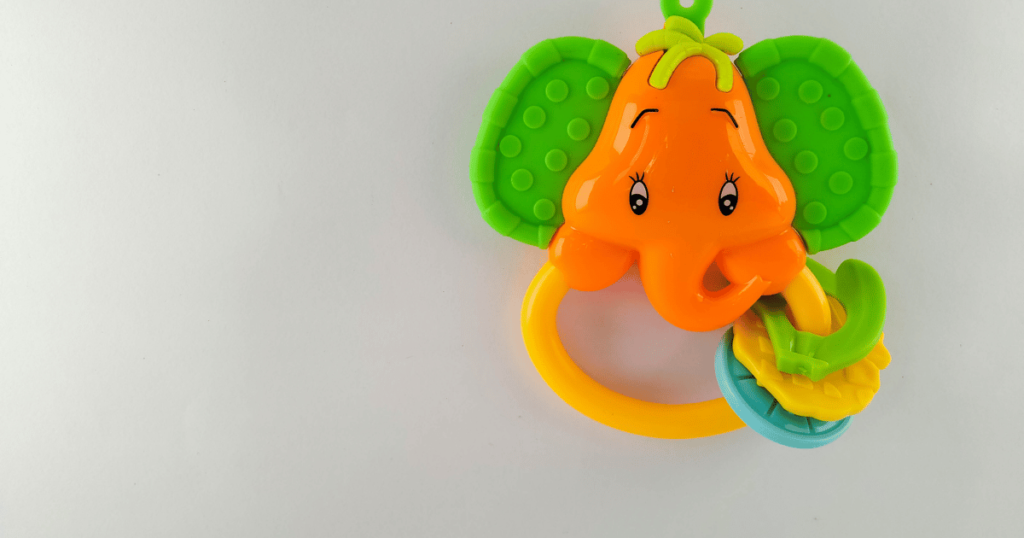
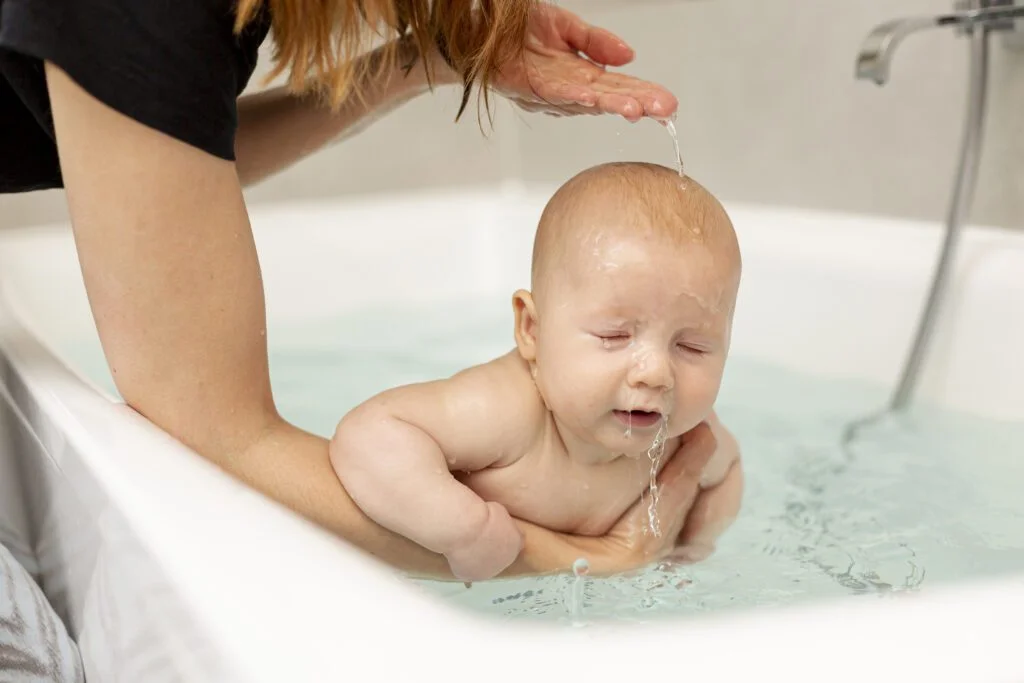

Today, I went to the beachfront with my kids. I found a sea shell and gave it to my 4
year old daughter and said “You can hear the ocean if you put this to your ear.” She put the
shell to her ear and screamed. There was a hermit crab inside and it pinched her ear.
She never wants to go back! LoL I know this is entirely off topic but
I had to tell someone!!